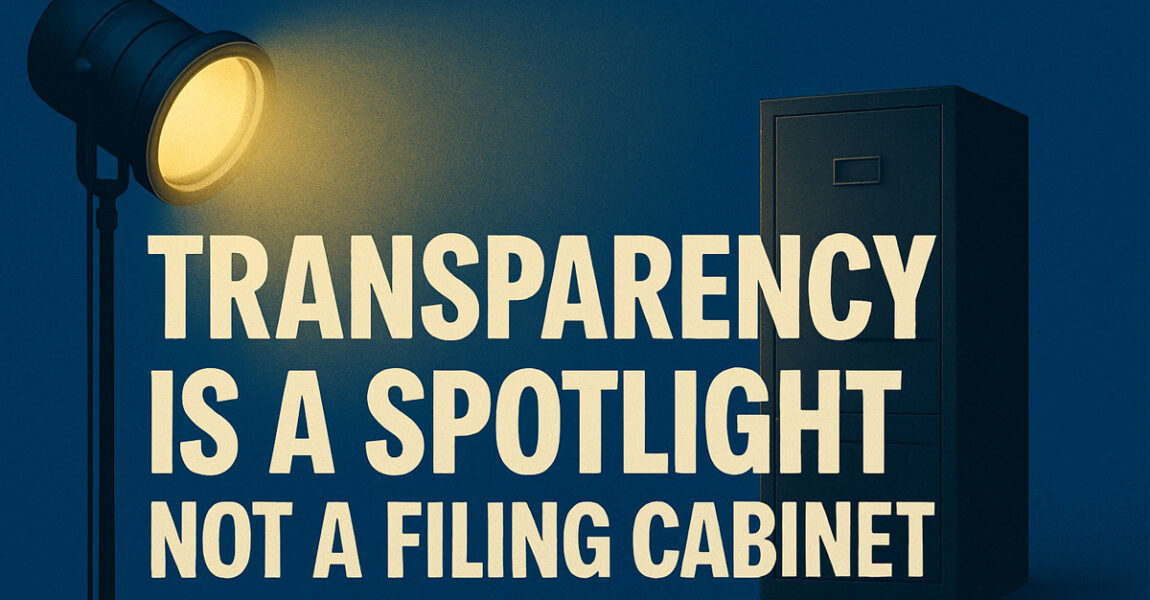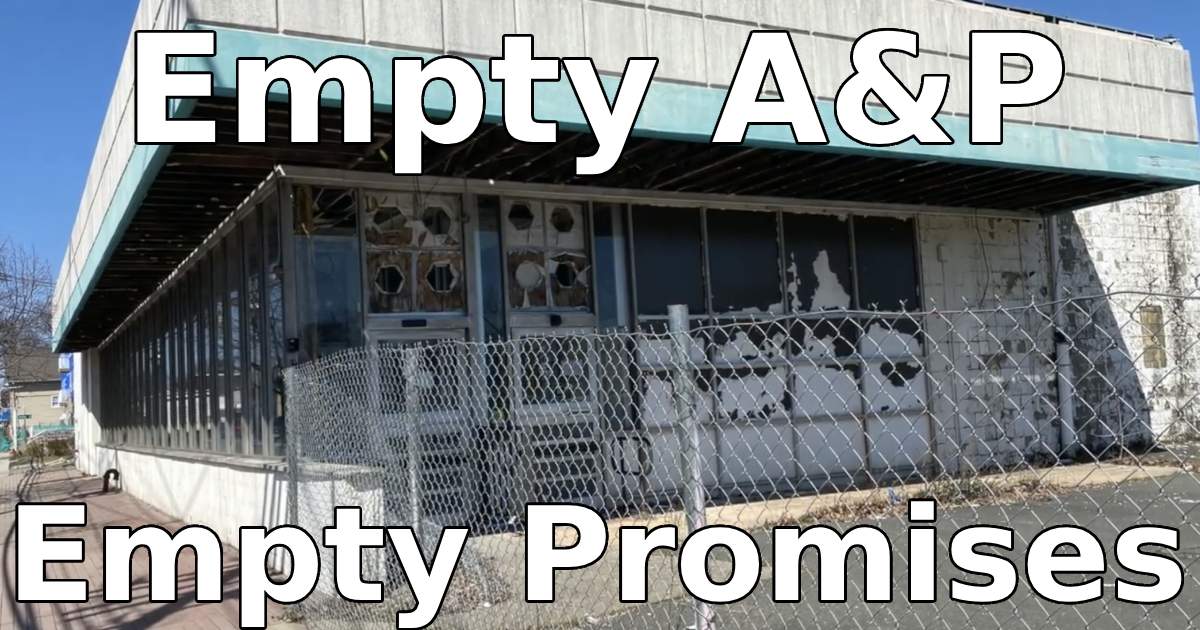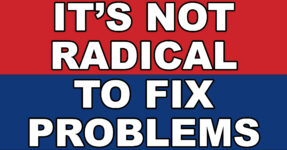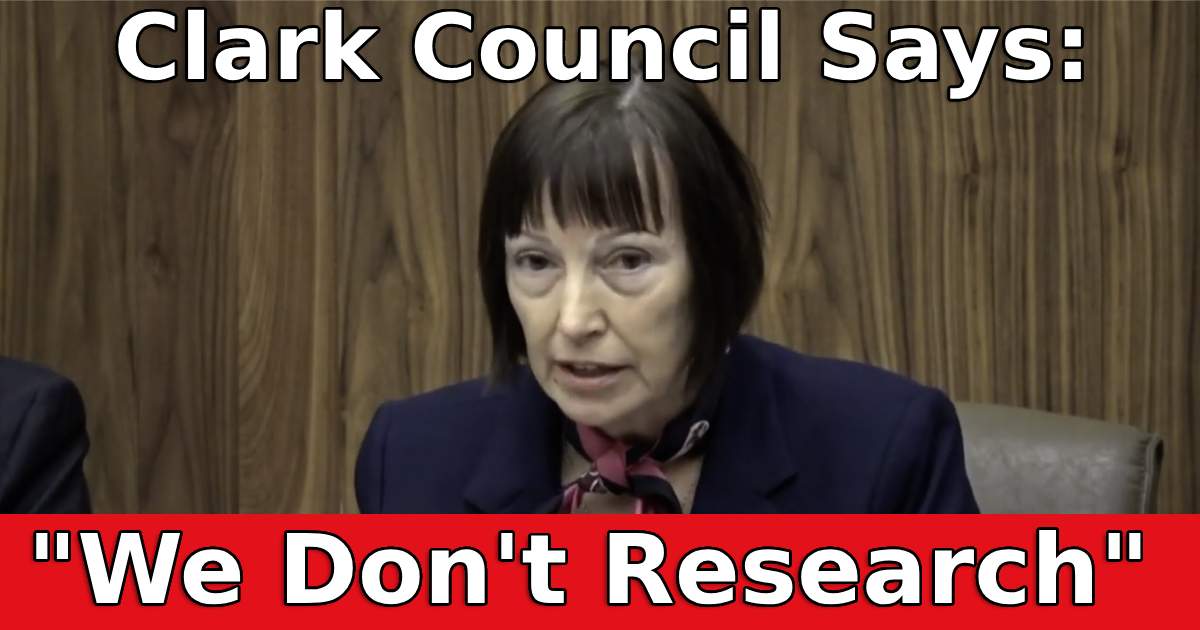
In towns across the state, residents are treated to annual presentations that clearly explain their municipal budgets. These presentations often include PowerPoint slides, graphs, and a breakdown of spending across departments. Even Clark’s own school board offers this kind of transparency using visuals and detailed explanations to help the public understand how their money is being spent.
Unfortunately, this is not the standard in Clark when it comes to our town council and mayor. At the most recent council meeting on May 19th, there was no formal budget presentation whatsoever. Instead, residents were merely given the option to stand before the council and raise concerns or ask questions without having been presented the information in a digestible way in the first place.
This Year’s School Budget was Presented to Residents with Graphs and Slides
One resident, John Greaves, did just that. He respectfully posed eight budget-related questions. What followed was not a thoughtful discussion, but a defensive and dismissive response from the business administrator. The council, rather than welcoming the dialogue, appeared annoyed that the exchange took 11 minutes. Eleven minutes to review a multimillion-dollar budget doesn’t sound excessive. It sounds like the bare minimum.
Even more troubling, the council’s takeaway from this brief interaction was to discourage future in-person questioning. They now suggest that residents email their questions ahead of time, effectively moving public discourse out of public view. This is damage control disguised as efficiency not transparency.
This isn’t the first time Clark’s leadership has taken steps to limit public input. After a scandal involving the former mayor, the public comment period at council meetings was cut from 10 minutes to 5. Now, instead of restoring more time and encouraging engagement, we’re being told to stay home and email our concerns? That’s not progress—that’s regression.
Public discussion should be encouraged, not suppressed. If anything, the town should be exploring more accessible ways for residents to participate—like enabling Zoom attendance and comment options at council meetings. Transparency and accessibility should be the default, not a fight.
Let’s not forget: true transparency doesn’t mean the possibility of asking questions—it means the ability to understand the information without having to dig for it. Most residents aren’t budget analysts. But they can understand a chart. They can follow a slideshow. A budget presentation with clear visuals, explained respectfully, is not too much to ask. It’s what we should expect.
Worse still is the hostile tone now attached to asking questions. When the public is met with rudeness or condescension, it creates a chilling effect. People will think twice before speaking up—not because they don’t care, but because they don’t want to be embarrassed or dismissed. That’s unacceptable.
Clark residents deserve better. We deserve a council and mayor who welcome public input, provide clear budget presentations, and foster respectful dialogue. Transparency builds trust. It protects against misconduct. And it starts with leadership that’s willing to be seen—clearly and without defensiveness.
It’s time for Clark to raise the bar. Let’s demand a government that works with its residents, not around them.


